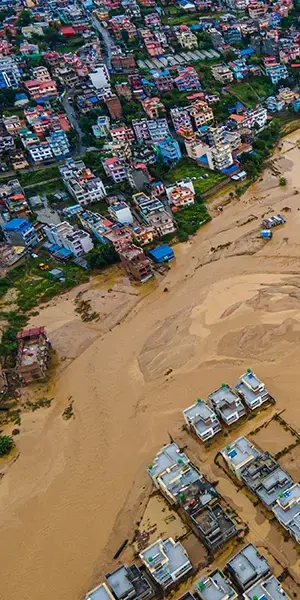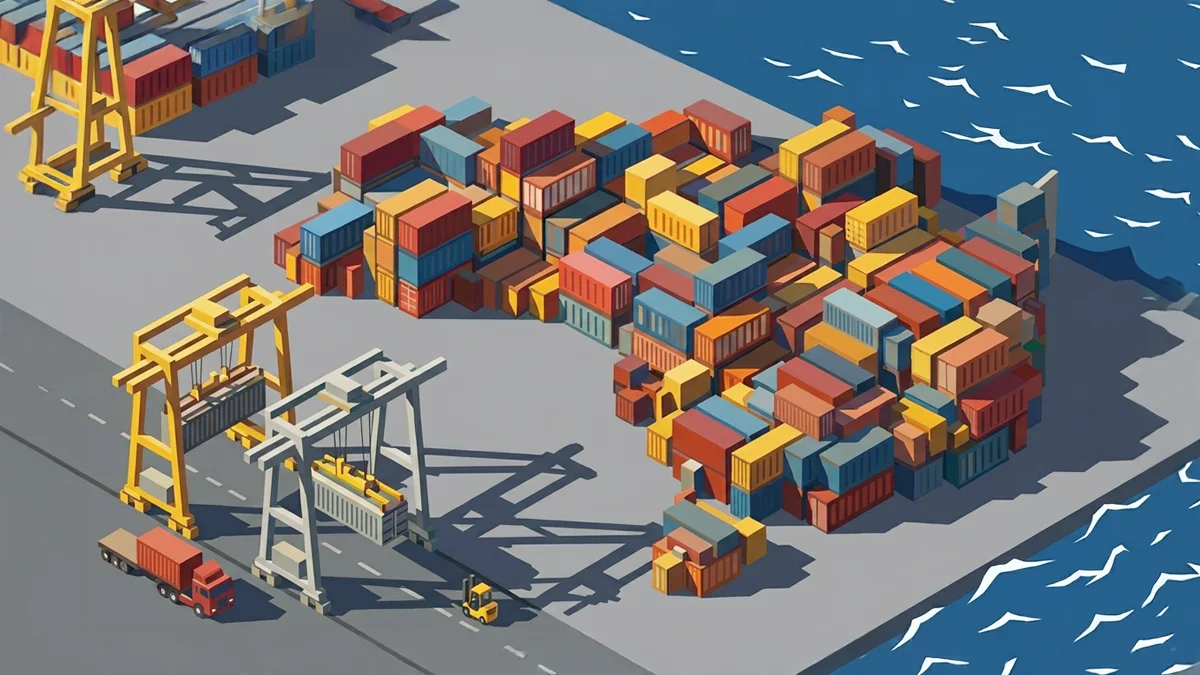(Re)insurers were put on the back foot during a panel discussion on climate change at the Singapore International Reinsurance Conference (SIRC), as they were confronted with accusations that they don’t pay enough attention to climate change scientists and the data that they produce.
“If you were to ask the audience right now, ‘is there a disconnect between the insurance industry and climate science?’, I think we’d get a 100% [response] that there is a complete disconnect,” said Benjamin Horton, the director of Earth Observatory of Singapore (EOS), which conducts research on climate change and natural catastrophes in South East Asia.
Turning to his fellow panellists, Horton said: “I went around all the major offices in South East Asia and found that many of the models being used were out of date, with poor information being given to stakeholders.”
Moreover, many of those models currently being used in Asia tend to rely on science and data coming out of North America and Europe, said Horton.
“You need Southeast Asian scientists, who have a knowledge of Southeast Asian data, to provide the best solutions for Southeast Asia,” he added.
Horton’s views were also supported by Jayanta Guin, the Chief Research Officer for Verisk Extreme Event Solutions, an analytics company.
“I’ll make my own plea for the insurance industry: please collect simple data,” said Guin. “Humanity is sending robots and landing them on Mars, and we don’t know [enough about where climate change exposures are].”
Industry could do more
Of course, both Horton and Guin have a vested interested in highlighting the problem of data deficiencies within the insurance industry, since they are keen for firms to make use of their research.
However, there was a tacit acceptance by the (re)insurance representatives on the panel that industry could do more.
“The whole world is not doing enough, hence I would say that the insurance and reinsurance industry is not doing enough,” said Sibylle Steiman, Managing Director Advisory & Services at Allianz Re. “We have to knit things together. The knowledge [that we have] and how we operate need to go hand-in-hand.”
Winnie Tan, senior vice president for sustainability at Great Eastern Holdings in Singapore, said that her team is struggling to get the “right information and the right expertise” that they need for prioritising the climate change transition.
“The fact is that we have lots of data, but the question is: are we using this data correctly and is it informing our decision-making? I think that’s where the gap comes in,” said Tan. “I’m probably not the only one having this challenge. This is one of the realities: how fast can we close this gap, so that we can make a difference at pace and at scale?”
Last May, Howden set up a Climate Risk and Resilience Team to address some of the challenges that Tan has outlined.
“As the other panellists said, there is information out there but we have to be able to use that information in our day to day work,” said Vipul Shetty, Howden’s Head of Energy Transition for Asia Pacific. “The Climate Risk and Resilience Team helps us break down this information and gives us strategies for how we can use it in our day to day work.”
A specific area where Howden’s climate research team has helped clients in Southeast Asia is in helping model the reduction in carbon dioxide emissions when moving to more sustainable energy sources.
“This is an example where consulting comes in to break down the knowledge [that we have] and give our clients guidance,” says Shetty.
























